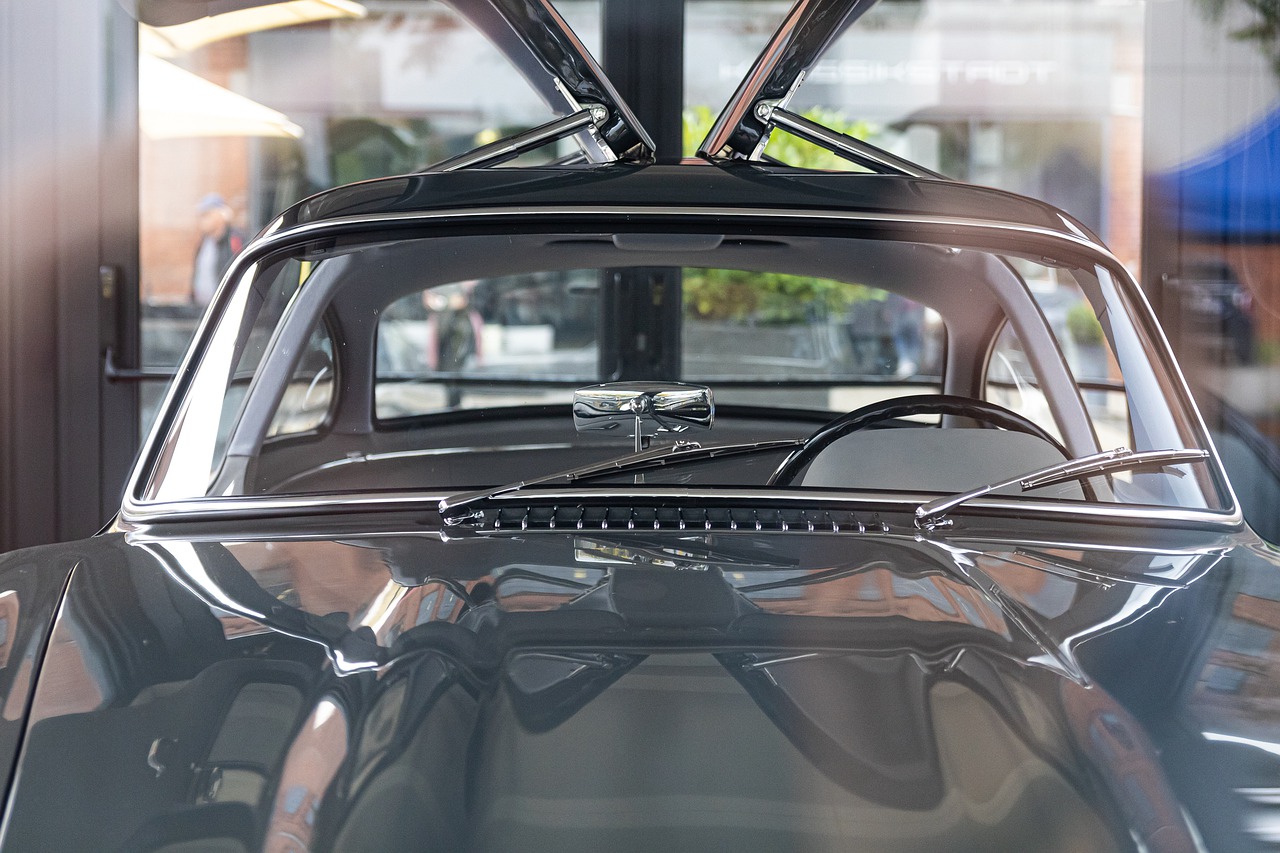The 2022 cost of living crisis in the UK is seeing prices rise faster than they have for 30 years, which affects everything from fuel bills to the cost of baked beans. However, for motorists, the most obvious effect of this generational leap in inflation is at the filling station According to CTN News. Particularly hard hit is diesel, due to added costs of production. Not surprisingly, owners of diesel powered vehicles are looking for ways to save money. Mainstream media offers advice on how to do this safely; however, other “hacks” are appearing on social media which, many experts say, are potentially very dangerous, and could have serious consequences for road safety.
Easy Fixes
Many of the money saving tips given by respected motoring commentators are already established as good practice; indeed, some of them are checked as part of the MOT test procedure. These measures would help every motorist save money, not just diesel owners. For instance, checking tyre pressure before setting out on any journey, or at least once a week, takes a couple of minutes and will help vehicles perform to their intended standards for every mile driven. Too much pressure means not enough rubber on the road, which is a waste of engine power. Too little pressure increases friction, meaning the vehicle has to work harder. Tyre tread depth should also be checked, which can be done using a 20p coin.
Driving experts also point out that good practice is part of the highway code; if more people actually followed this code, not only would the roads be safer, but vehicle owners would save money. Everyday habits can make a huge difference to both of these factors. Research shows that having one or more windows open while driving at 50 MPH can reduce fuel efficiency by 20%. Carrying items like golf clubs and bottled water in the boot all the time means that the engine has that extra weight to pull, every time the vehicle is used. This might not be much per journey, but over a year it ads up; especially at £1.80 per litre of fuel.
The highway code also makes helpful suggestions about driving habits. In particular, it points out that being aware of road conditions and driving smoothly are the best way to drive. While much of 21st century society seems to be in a rush, when it comes to using the roads, the adage “more haste, less speed” is very appropriate. Hitting the accelerator pedal at the first opportunity, only to then have to step on the brakes at the next junction, does one main thing; waste fuel. It also wears out brakes sooner than necessary, which means an MOT test fail.
For more interesting articles, Please Visit Royal Paint
“Hypermiling”
While good driving habits are safe, legal ways of making diesel (or indeed petrol) go further, owners of these vehicles are being tempted to use other measures. In particular, the trend for “hypermiling” is becoming particularly attractive to diesel drivers. Much like “hacks” in other walks of life, these techniques are designed to appeal to motorists who want to be just that little bit smarter, and save a little more money. While in theory hypermiling can be defined as improving on a manufacturer’s performance specifications, in practice it is promoting some potentially hazardous behaviours.
Coasting is one of these. This means intentionally putting a vehicle into neutral, or depressing the clutch and keeping it there; in some cases, drivers have been known to turn off their engine altogether. The first two examples contravene the highway code, as they entail losing at least some control of the vehicle. The latter is potentially the worst, as most modern vehicles have power steering, brakes and other measures, all of which will be rendered redundant. Apart from anything else, visual displays and electronic warnings will be disabled, which is against the law.
Possibly more dangerous is the practise of drafting. This is a technique used in motor racing, where a driver wanting to overtake a vehicle uses its slipstream, then makes a manoeuvre. On UK roads, this process is also called tailgating, and is strictly illegal. This is because it inevitably means that the distance between the two vehicles is too small, so that if the leading one brakes, the following driver won’t have the time or space to react. Being too close to a vehicle is the cause of 5% of accidents, as is breaking suddenly. While the price of diesel may be prohibitive, saving money should not come at this high a cost.

